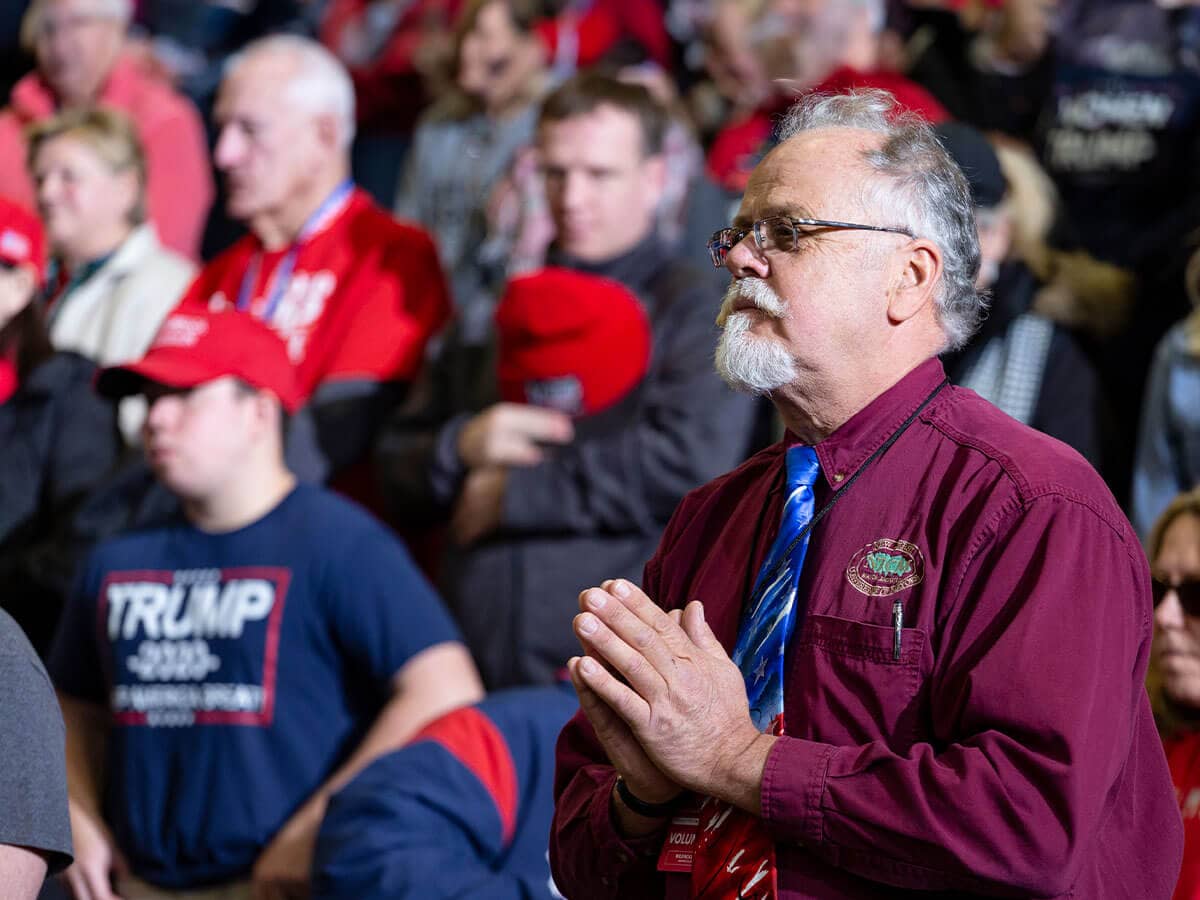Orthodox priests and Protestant pastors lined up to give him kisses on the cheek in an evening ceremony at the Colosseum, the ancient arena said by some to be site of martyrdom of early Christians and chosen by the pope for the backdrop of the service honoring modern-day martyrs.
Among those honored were a Lutheran pastor who was tortured in Buchenwald concentration camp for refusing to pay homage to Adolf Hitler and a woman who documented suffering in a Soviet gulag.
John Paul, who wants to encourage new generations of believers to strengthen sometimes flagging faith, told pilgrims at the Vatican a few hours before the ceremony: ``The just-completed century was crossed over by dark shadows, but in the midst of these, splendid lights shine.''
While his more than 21-year-long papacy has been filled with scores of ceremonies to give the church new saints, including martyrs, John Paul wanted to remember legions of other courageous Christians who might not otherwise have their day.
Following controversy over who was and who was not on the list, the Vatican did not make public the 12,000 names sent in by bishops throughout the world as candidates to be honored at the Colosseum.
Some reportedly on the list were Rev. Martin Luther King Jr., the slain American civil rights leader, a Baptist; Oscar Romero, the assassinated Salvadoran Catholic archbishop; and an Italian priest, Giuseppe Puglisi, who was killed by the Sicilian Mafia after speaking out against organized crime.
The full list is supposed to be given to the pope and made public at a later date.
John Paul reflected aloud on the horrors of the last century, including those he witnessed as a young man preparing for the priesthood in Poland.
During World War II, the pope noted, in Dachau concentration camp alone, some 3,000 priests were interned.
``I myself am a witness of much pain and many trials, having seen these in the years of my youth,'' John Paul said, going on to refer to the difficulties of being a Catholic after the war, when Communists ruled Poland.
Of the brave Christians, the pope said: ``The names of many are unknown; the names of some have been denigrated by their persecutors, who tried to add disgrace to martyrdom; the names of others have been concealed by their executions.''
The pope mentioned just two names: Orthodox Metropolitan Benjamin, from St. Petersburg, martyred in 1922 in the upheaval that followed the Russian Revolution, and Lutheran Pastor Paul Schneider, who spoke of his faith to those guarding his cell in Buchenwald concentration camp.
Also given space in the ceremony was testimony about toiling in a Chinese prison factory by Margherita Chou, a niece of the late Cardinal Ignatius Kung, imprisoned for years by the communists; and from a seminarian who escaped a massacre in Burundi in 1997.
Among those accepting the pope's invitation to the Colosseum were Lutherans, Methodists, Anglicans and Orthodox, including a representative of the patriarch in Moscow, Alexy II. Others included Pentecostal and Evangelical officials.
Just a year ago, the pope made his first visit of his papacy to a mainly Orthodox country, Romania. But a pilgrimage to Russia has eluded him, as tensions remain strong between Catholics and Orthodox there since the collapse of the Soviet bloc.
On Sunday night, John Paul's words were often slurred. During his noon appearance, the pope seemed to show impatience with the tremor in his left hand--a symptom associated with Parkinson's disease--when he looked sharply down at his arm.
The evening service began with the pope greeting representatives of other faiths inside the Colosseum before moving outside to an open space near the equally ancient Arch of Titus.

